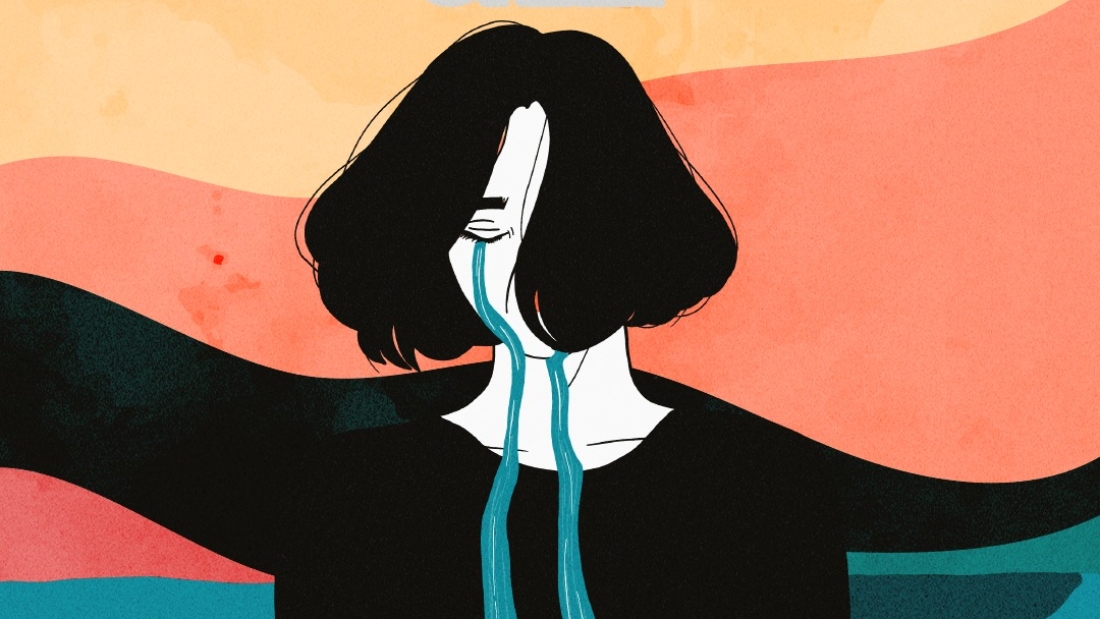Grief is an intense & sometimes overpowering emotion of deep sadness. Grief arises in response to loss of something significant and valued – loss of a loved one, a way of life, the loss of one’s hopes and dreams or from a terminal diagnosis received by a person themself or by someone they care about. Grief is a universal experience and a deeply personal one.
Experiencing grief is not a momentary nor even a linear process. Infact, according to psychologists processing grief may occur through stages. There ay be some back and forth across the stages as well.
The process of grief may follow the below stages:
1. Denial: Denial may arise from the inability of the person experiencing the grief to comprehend or accept fully what has happened. This denial may aid the individual in reducing the intense grief of loss during the initial stages of the grieving process. Denial is more than just an effort to deny the loss ever happened. People are attempting to absorb and comprehend what is going on.
2. Anger: Anger is the second stage of grieving. People are probably in a great deal of emotional pain as they struggle to adjust to a new reality. there are feelings of how unfair the situation may feel to the person who is grieving. Anger may seem to provide a person with an outlet and a way to express their intense emotions since there is so much to absorb.
3. Bargaining: At this point of the process of grieving, a person may have started to absorb the reality of the situation, and a sense of helpnessness may start to set in. Desperation to prevent the loss, or undo the loss may prompt the person to engage in bargaining behaviours – “I’ll never drink again if you stay”, “I will pray everyday if my person is healed” “If only i had..” are the kind of statements wherein depending on the situation, a person may be desperately trying to appeal to either a higher power, or someone with seemingly more control over the situation, or even to review past actions and beat oneself up with guilt over one’s own missed opportunities to influence or affect a different outcome
4. Depression : At this point people begin to gradually accept the truth of their situation. They are confronted with the reality and know the often permanance of the loss. People begin to experience the loss of their loved ones more intensely during this stage of grief.
5. Acceptance: People don’t stop feeling the grief of loss when we reach a point of acceptance. Instead, they are no longer fighting against the facts of their situation or making an effort to adjust, survive and work to rebuild life in the new reality.
Your feelings are valid. Remember, you are not alone. Talk to someone you trust or access resources from our webpage if you are looking for active therapeutic support!
 Cart is empty
Cart is empty 


